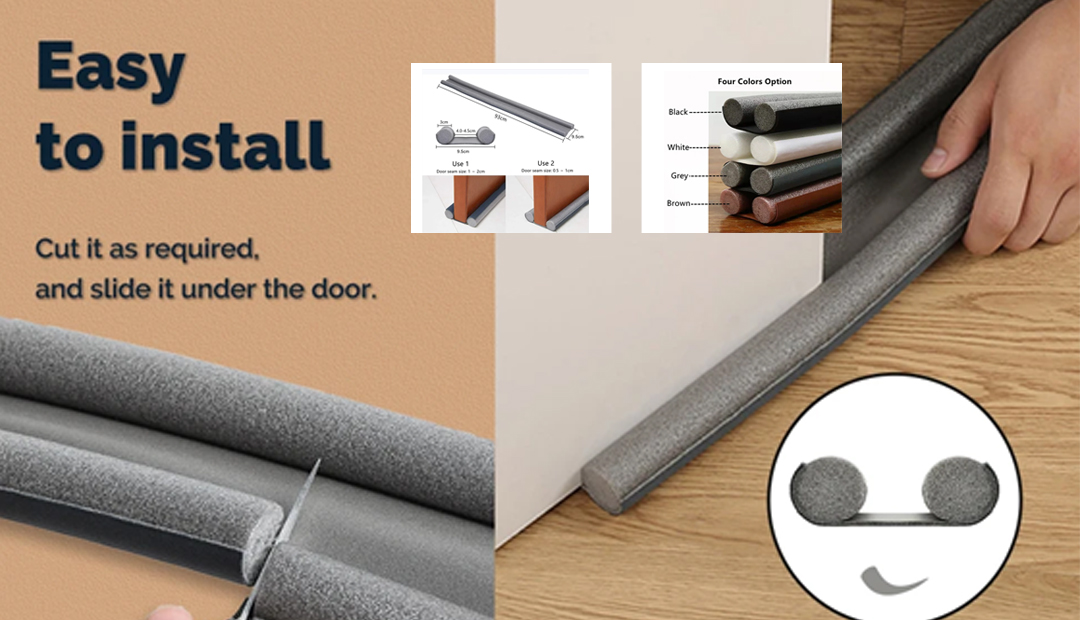replacing garage door rubber seal
Replacing Your Garage Door Rubber Seal A Step-by-Step Guide
Garage doors play a significant role in the overall functionality and aesthetics of your home. One of the often-overlooked components of the garage door is the rubber seal. This seal, usually found at the bottom of the door, serves a crucial purpose in keeping your garage insulated and protecting it from elements, pests, and debris. Over time, rubber seals can wear out, crack, or become compromised, leading to issues such as drafts, water leaks, and even invasion by small animals. Replacing your garage door rubber seal is a manageable DIY task that can enhance your garage's efficiency and prolong the life of your garage door.
Why Replace Your Garage Door Rubber Seal?
Before diving into the replacement process, it’s essential to understand why you should replace the rubber seal. Here are a few reasons
1. Energy Efficiency An intact rubber seal helps maintain the temperature inside your garage, reducing heating and cooling costs. 2. Protection from the Elements The seal acts as a barrier against rain, snow, and wind, preventing moisture from seeping in. 3. Pest Control A worn-out seal can allow insects and small animals to enter your garage, creating potential infestations. 4. Debris Prevention A properly fitted seal keeps dirt, leaves, and debris out of your garage, ensuring a cleaner space.
Tools and Materials Needed
Before you begin, gather the following tools and materials
1. New rubber seal (ensure it is compatible with your garage door model) 2. Measuring tape 3. Utility knife or scissors 4. Screwdriver (if necessary for removal) 5. Cleaner (soap and water or a suitable cleaning solution) 6. Cloth or sponge
Step-by-Step Process
Step 1 Measure the Old Seal
Start by measuring the length of the old seal. If it is frayed or broken, you may not be able to get an accurate measurement, which is why you should remove it first. However, knowing the length will help you purchase the correct size replacement.
Step 2 Remove the Old Seal
Using a utility knife, carefully cut the old seal away from the bottom of the garage door. If the seal is held in place with screws or clips, use a screwdriver to remove them. Make sure to dispose of the old seal properly.
replacing garage door rubber seal

Step 3 Clean the Area
Once the old seal is removed, clean the area where the new seal will be placed. Use a sponge or cloth with soap and water to remove any dirt, debris, or residue left behind. A clean surface is crucial for the new seal to adhere properly.
Step 4 Prepare the New Seal
Cut the new rubber seal to the appropriate length based on your measurements. Most rubber seals come with a small variation in width, so ensure that it fits snugly against the garage door and the floor.
Step 5 Install the New Seal
Align the new seal along the bottom of the garage door. If your seal has a track or groove, slide it into place. For those that require adhesive or screws, follow the manufacturer’s instructions to secure it. Make sure the seal is straight and even across the entire width of the door.
Step 6 Test the Fit
Once installed, manually close the garage door to ensure that the seal makes contact with the ground. There should be no significant gaps. If you notice any irregularities, make necessary adjustments by repositioning the seal.
Step 7 Final Inspection
After confirming that the new seal fits correctly, give your garage door a final inspection to ensure everything is functioning properly. Check for any leaks or drafts that may indicate improper installation.
Conclusion
Replacing the rubber seal on your garage door is a straightforward task that can significantly improve your garage's functionality and comfort. By following the steps outlined above, you'll ensure your garage remains energy-efficient, secure, and protected from the elements. Regular maintenance of your garage door, including the seal, can lead to a more comfortable living space and help you avoid more significant repairs in the future.
-
Under Door Draught Stopper: Essential ProtectionNewsJul.31,2025
-
Garage Door Seal and Weatherstrips for ProtectionNewsJul.31,2025
-
Edge Banding Tape for Perfect EdgesNewsJul.31,2025
-
Table Corner Guards and Wall Corner ProtectorsNewsJul.31,2025
-
Stair Nose Edging Trim and Tile Stair SolutionsNewsJul.31,2025
-
Truck Bed Rubber Mats for Pickup BedsNewsJul.31,2025
-
Window Weather Stripping for Noise ReductionNewsJul.29,2025